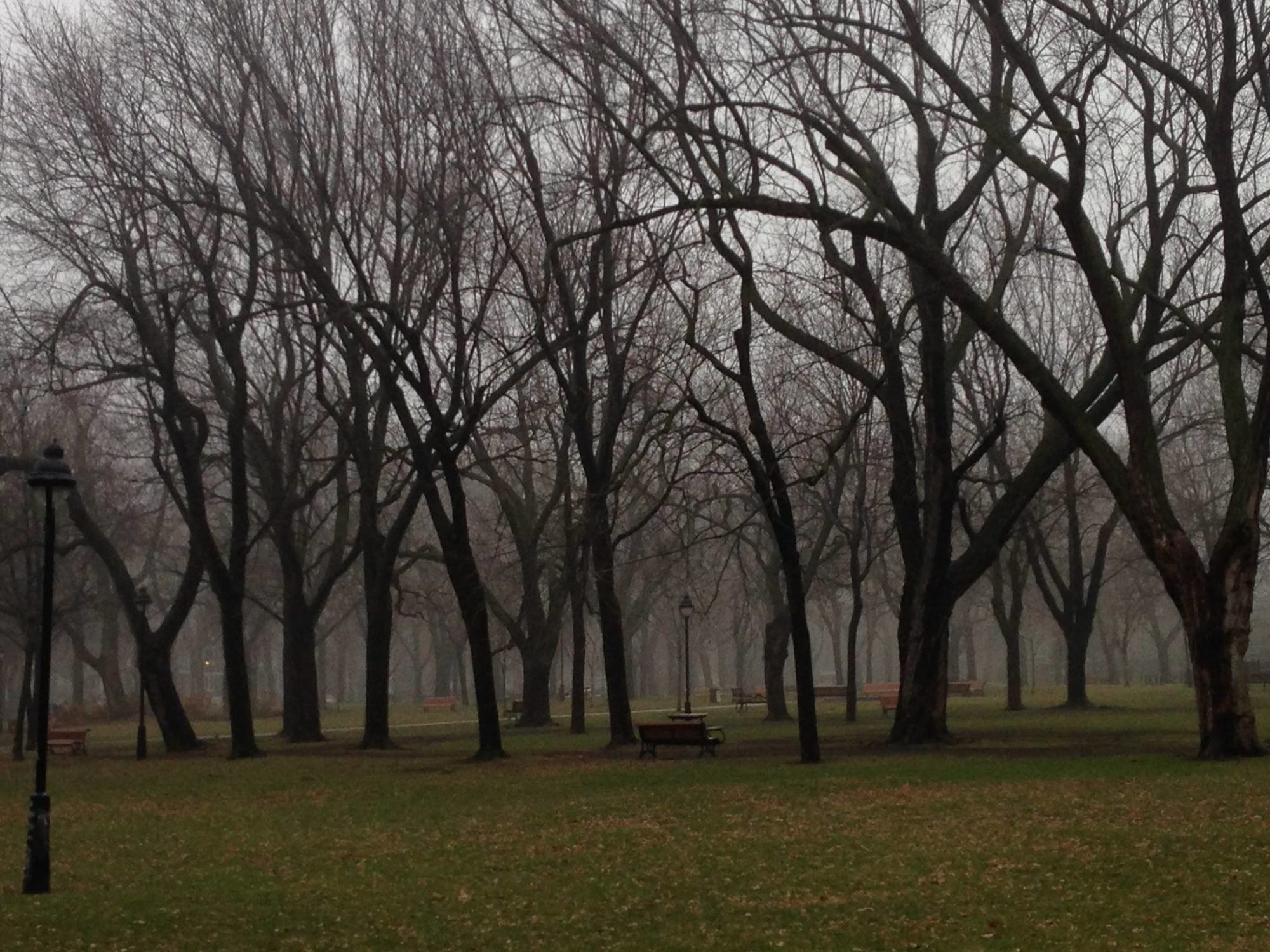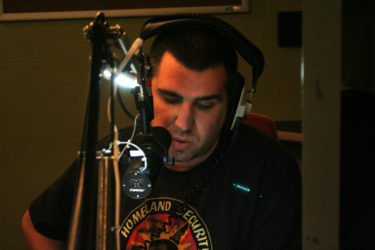This past weekend proved that activism really works!
It started with the MUS’s (McGill’s Management Undergraduate Society) recent decision to put on their racially insensitive Tribal Frosh 2010, as part of new McGill students’ orientation activities. That they thought this was a good idea is a symptom of the lack of programs about indigenous peoples in today’s schools. MUS’s use of tribal dances from the Inca, Maori, Zulu and Masai nations in videos they put online were not only an affront to those nations but an affront to all indigenous peoples across the planet. Indigenous peoples have had to deal with the constant appropriation of their land and culture. Cultural appropriation can take on many forms. In this case, it was a bunch of non indigenous people using indigenous dances and warrior lifestyles to promote binge drinking and irresponsible behavior.
Indigenous peoples already have a genetic predisposition to problems with the bottle. Linking indigenous peoples and the over-consumption of alcohol in a casual, disrespectful, and thoughtless way is the last thing the community needs. What MUS Frosh was planning would only have reinforced the stereotype that indigenous people are a bunch of alcoholics. The question “What were the organizers thinking?” definitely sprang to mind.
This past Sunday, after the organizers received complaints about the proposed event, they offered to sit down with the people who had brought the complaints, myself included. We had the chance to ask “What were you thinking?” After speaking with the organizers, it was obvious that they hadn’t thought at all. It’s only after I pointed out a homeless indigenous man across the street that they finally realized what they had done – perpetuate these harmful, false stereotypes, to the detriment of people like him.
During the conversation with the organizers, they decided to A) take down the now infamous video, and B) to promote other cultures. Point B was an obvious attempt to take back lost moral ground – the Management organizers mentioned that they would promote cultures such as Islam, Judaism, and others… within the very same Tribal Frosh.
If anyone can figure out how that would have helped, or made any sense at all, let me know.
After leaving the meeting and having only Points A and B conceded, we were not sure what was going to happen. Would they continue with the event? Would they think about it and change their minds? Did they really hear what we were saying? For the next few hours, I wasn’t sure if my time had been well spent or wasted.
Sunday evening, to my surprise, it looked like they had changed their minds and changed the theme. Their website suddenly announced “Superhero Frosh” instead of “Tribal Frosh.” After our conversation with them, it seems they took our words to heart and understood the problem with the ideas they had had before. It reminded me why I continue fighting for indigenous rights – sometimes activism and words really work!
This made me think about how a theme like Tribal Frosh was able to happen at all. It is a problem of the North American education system.
Now, forget that history is written by the conquerors, yadda yadda yadda. Our education system will never survive, especially indigenous peoples’ history, if all we do is focus on what the conquerors have said. We will never fix racial problems if we ignore the typically silenced side of the story. We need alternative history books. We need our children to understand that there are two sides to every story. And we need our children to understand that just because something bad happened doesn’t mean that we can’t talk about it. What bothers me the most is that there are some subjects in history that it’s OK to talk about (i.e. the holocaust, slavery,), but it’s not OK to talk about what has happened (and is still happening) to indigenous people across the planet.
The MUS Frosh organizers did point out that there’s a huge lack of information about indigenous peoples. I gave them a run-down of just some of the past and current indigenous issues in this country and it was obvious that they had never heard of any of them. Things like residential schools, poor housing, bad water, some of the highest suicide rates of any group in the country, and of course 100s and 100s of missing and murdered aboriginal women and girls. And that’s just in THIS country. If it were up to me to redo the education system, our history books would be a lot bigger. Not just on indigenous issues, but on all the issues the conquerors have decided not to tell us.
We need to talk about the Armenian genocide. We need to talk about Japanese internment camps. We need to talk about Canada’s policy when building the railways of using Chinese workers to carry dynamite into tunnels. I think it’s a trait that a lot of human beings have – to run away and hide rather than face the truth, to face justice. It’s so much easier to ignore something if no one knows about it.
One of the questions I asked the organizers was whether they had asked the Elders from the tribes they were misrepresenting if they had permission to use each of the Masai, Inca, Zulu and Maori dances. Did they have permission to use their songs and their chants? Probably not, because the Elders would never have agreed. In the end, I hope the organizers learn from this experience, and that it’s not OK to take a culture’s traditions and use them for whatever means they want. It is important for them to take this moment and learn about the Maori, learn about the Zulu, and the Inca, and the Masai. Really learn about their cultures. Learn about how history has treated them, and then share it with other students in their Faculty. I commend them for reaching out to us and asking “What’s wrong? Why are you so upset?”, because that shows that they were concerned about what kind of reaction this was going to get. I commend them further for accepting the loss of the T-shirts and other costs and coming up with something new for Frosh. I understand that Frosh is an important event at the beginning of every university year, that people need to go out, get drunk, get stupid, and make poor sexual choices. But let us remember that Frosh can also be used as a time to understand and meet new people. It is an opportunity to understand different cultures and societies, and the different ways that people think. Don’t waste your brain cells on a pint of beer when you can be having a discussion with someone from Dubai, or Timbuktu, and learn their customs. Learn about them, instead of focusing on some pathetic stereotypes that don’t need strengthening.

